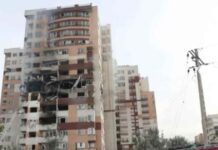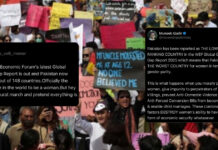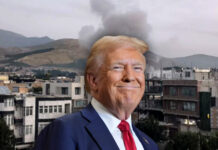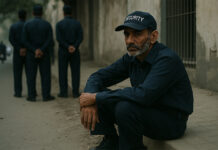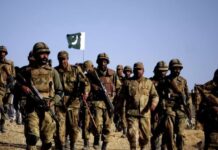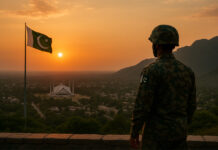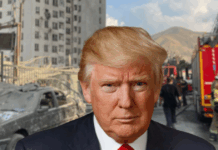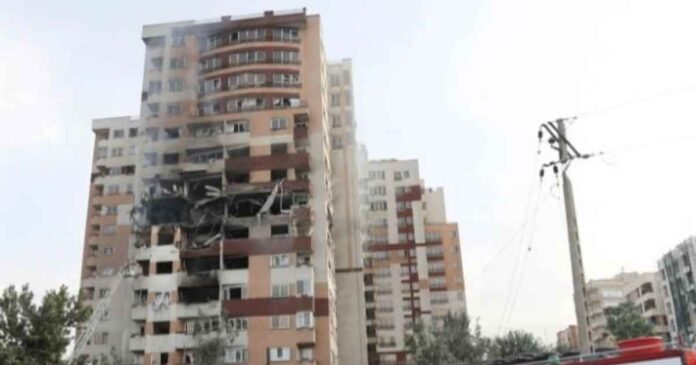
Israeli Defence Minister Israel Katz issued a serious warning on Saturday, stating that “Tehran will burn” if Iran keeps up its missile strikes on Israeli soil. This bold declaration came after a wave of ballistic missile attacks from Iran that tragically resulted in three deaths and left at least 91 others injured across central Israel.
These strikes were a response to Israeli airstrikes aimed at Iran’s military and nuclear facilities.
Even with the casualties and alerts ringing out in cities like Tel Aviv, Jerusalem, and Haifa, Israeli officials reported that their air defences managed to intercept most of the incoming missiles. However, some missile debris did cause damage to several buildings, and one strike near the Defence Ministry in Tel Aviv ignited a fire.
Following a high-level military briefing, Katz addressed Iran’s Leader Ayatollah Ali Khamenei directly, asserting that Israel would continue its operations “for as long as necessary.”
In the meantime, Israel initiated Operation Rising Lion, focusing on numerous missile launch sites and air defence systems deep within Iranian territory. The Israeli military claimed to have successfully neutralised several critical locations near Tehran and beyond. As the operation progressed, Iran’s Tasnim news agency reported the deaths of two members of the Islamic Revolutionary Guard Corps (IRGC) in central Iran, along with three more in Zanjan province, including at least three nuclear scientists linked to Iran’s strategic weapons programme.
View this post on Instagram
High-Value Targets and Regional Fallout
The recent Israeli airstrikes were reportedly aimed at crippling Iran’s military capabilities, especially concerning its nuclear weapons development. Israeli officials claim that nine senior scientists associated with Iran’s nuclear programme were killed in these precise airstrikes. Among those confirmed dead are Ali Bakaei Karimi, Mansour Asgari, and Saeid Borji, all recognised by Iranian sources as prominent nuclear experts.
But the impact of these attacks went beyond just the loss of life; they also wreaked havoc on residential areas. In Ramat Gan, a suburb of Tel Aviv, nine buildings were left in ruins, forcing nearly 400 residents to evacuate, as reported by Haaretz. Although Iran’s counterattacks were mostly intercepted, they still caused damage and reignited concerns about a broader conflict.
View this post on Instagram
Following the Israeli strikes, which reportedly resulted in the deaths of 78 people, including several high-ranking IRGC generals and nuclear officials, Iran launched missiles in retaliation. Tehran seems to be focused on showcasing its ability to respond forcefully while also gauging how far the international community will tolerate its actions.
Tragically, the death toll in Israel has now risen to three, as a woman who was injured during the missile attack has passed away from her injuries.
Global Diplomatic Response and Strategic Risk
The ongoing crisis has sparked a wave of international alarm. At the United Nations Security Council, Iran’s UN envoy, Amir Saeid Iravani, didn’t hold back, directly accusing the United States of complicity due to its “unconditional support” for Israel’s military actions. While US officials acknowledged they were given a heads-up about Israel’s operation, they firmly denied any involvement. State Department spokesperson McCoy Pitt issued a stern warning to Iran, stating that targeting US interests would lead to “dire consequences” for any escalation.
View this post on Instagram
In an interview with The Wall Street Journal, former US President Donald Trump confirmed he was informed ahead of time, advising Iran to “make a deal before there is nothing left.” This diplomatic back-and-forth highlights the growing concerns about a larger regional conflict that could draw in global powers.
View this post on Instagram
On another front, Pakistan’s Foreign Ministry strongly condemned Israel’s military actions, labelling them as “unjustified and illegitimate aggression” that violates the UN Charter. Deputy Prime Minister Mohammad Ishaq Dar expressed support for Iran during a conversation with Foreign Minister Seyed Abbas Araghchi, calling for immediate international intervention to avert further escalation.
Adding to the tension, IAEA Director General Rafael Grossi addressed the Security Council, warning that attacks on nuclear facilities could lead to “immense regional and global risks.” He urged all parties to exercise restraint and offered the agency’s help in evaluating any potential damage to nuclear sites, advocating for renewed diplomatic efforts.
Stay tuned to Brandsynario for the latest news and updates.





